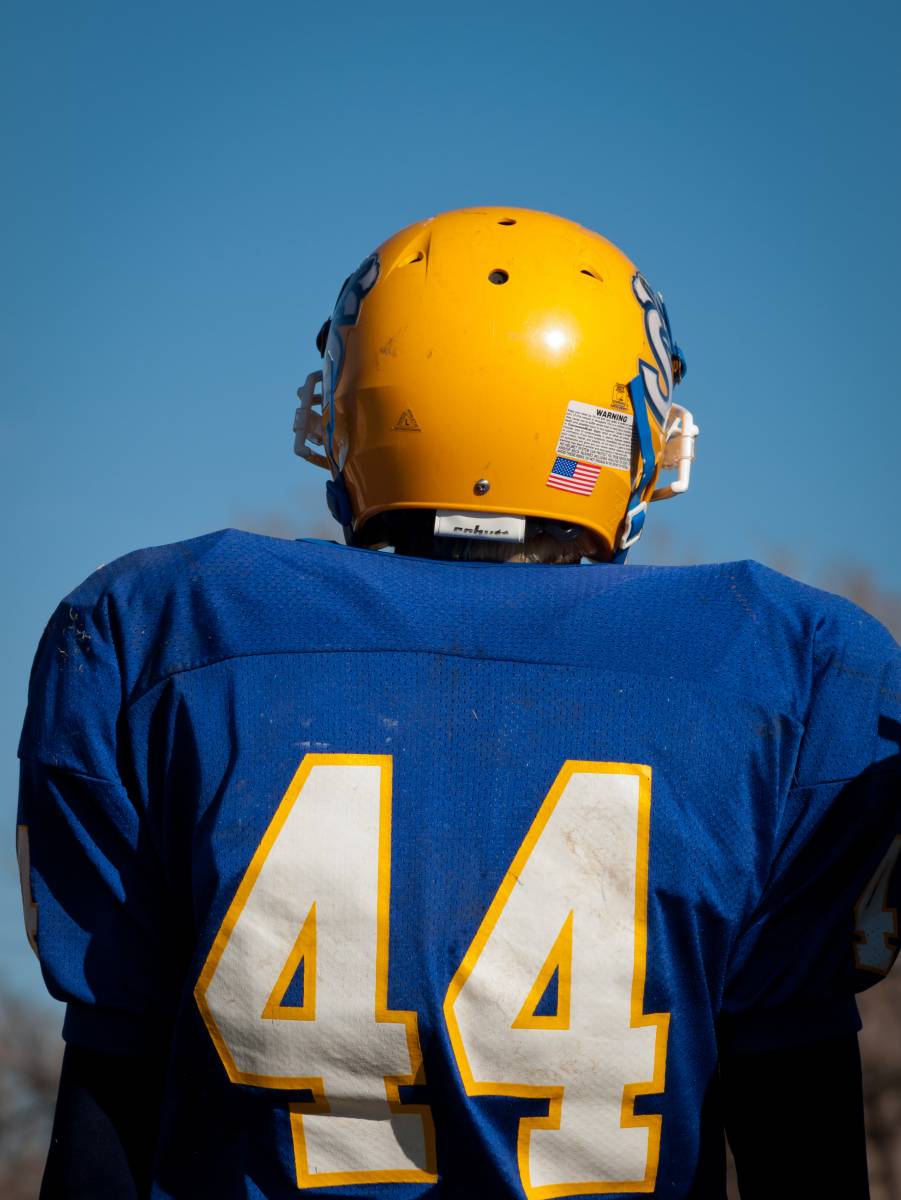Focus on preventing and managing concussion among schoolchildren, US-based research team urges
A research study that was prompted by concerns about how having concussion might affect adolescents’ academic performance has been published online today (13 September) in the journal Injury Prevention.
The study, written by team based the University of Washington in Seattle, examines whether or not there is an association between having a history of concussion and high school students’ academic standing.
The team analysed data on 10,756 adolescents from the 2019 Youth Risk Behaviour Survey – a semi-annual survey that monitors health risks among students in the USA. Of the 10,000-plus high school students analysed, 14.9 per cent reported having at least one sports and activity related concussion in the past 12 months.

Link between concussion and poor academic standing
Most adolescents who reported no concussions were female (50.9 per cent), while most who reported one or more than two concussions were male (53.1 and 63.5 per cent respectively). Students who self-identified as black or African American represented a higher proportion of students with two or more concussions (15.6 per cent) compared with students with zero or one concussions (10.6 and 9.4 per cent respectively).
Overall, most adolescents (78.8 per cent) werer reported to be in good academic standing. The researchers found that having at least one concussion in the past 12 months was associated with a 25 per cent higher risk of poor academic standing and this association was stronger with a history of repeated concussions, and the association varied by race/ethnicity.
Study limitiations
School-based injury prevention efforts, including promotion of helmet use, school screening for concussions and adherence to return-to-play and return-to-learn guidelines, to reduce multiple concussion in sports ... may prove beneficial [Julian Takagi-Stewart et al.]
The authors acknowledge that the study did not allow them to assess the change in academic standing before and after the reported concussions, self-reporting from the students about their concussion and outcome was not checked for verification, and the study did not incorporate socio-economic variables such as family income and location of residence.
Julian Takagi-Stewart and his colleagues conclude: ‘History of concussion was significantly associated with poor academic standing and experiencing multiple concussions could be particularly harmful on student outcomes.
They add: ‘School-based injury prevention efforts, including promotion of helmet use, school screening for concussions and adherence to return-to-play and return-to-learn guidelines, to reduce multiple concussion in sports, particularly for racial and ethnic groups most affected, may prove beneficial to students with concussion.'
To read the full version of the article, titled Association of concussion with high school academic standing: sex, school grade and race as stratifiers doi:10.1136/ip-2022-044568, visit: https://injuryprevention.bmj.com/lookup/doi/10.1136/ip-2022-044568
Factfile on concussion
- it is a temporary brain injury caused by a bump, blow or jolt to the head or by a hit to the body which causes the brain to move rapidly back and forth
- common signs of a concussion include loss of consciousness, dizziness, glazed look in the eyes, headache, amnesia, vomiting, memory problems, and loss of focus
- almost two million young people have concussions every year in the USA, potentially leading to lasting physical, cognitive and emotional changes
- there is a lack of clear, standard guidance in the US about how to reintegrate students with concussion back into academic work
Share it with














